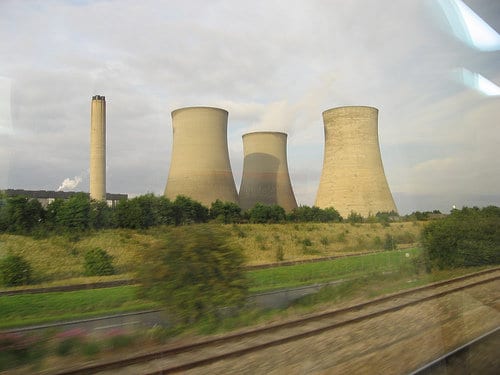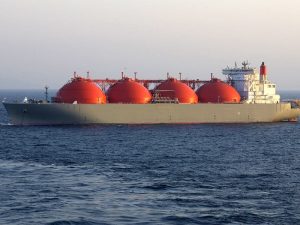The relatively recent decision by the European Commission to approve roughly €100 billion in subsidies for the Hinkley Point C nuclear energy project in the UK is already being legally challenged, according to recent reports.
The legal challenge is coming via an alliance of 10 companies — which includes various renewable energy suppliers and municipal utility companies, as well as Greenpeace Energy. The plea for an annulment of the approval is being made via the European Union Court of Justice in Luxembourg.
Reportedly, according to the German Ministry for Economic Affairs and Energy, the chances that the challenge will be successful are low. Based on recent events, one could argue that Germany is essentially the de facto head of the Commission, so that doesn’t seem to bode well for the legal challenge.
The challenge is being handled by Dörte Fouquet, of the Becker Büttner Held law firm. He commented on the situation thusly: “(The European Commission used) an incorrect evaluation benchmark because these British subsidies are an unlawful State Aid and not an investment aid. Moreover … there is no general failure of the energy market which could justify these proposed subsidies.”
For some background here, the subsidies call for the European Commission to provide £92.5/megawatt-hour (MWh) in support for 35 years to the 3.2 gigawatt (GW) nuclear project.
Figures provided by Greenpeace show that subsidies for the Hinkley Point C project will total some €108.6 billion over that period if inflation is taken into account (€53.7 billion without taking inflation into account). These subsidies are in addition to more than €20 billion in credit guarantees made by the UK.
That’s certainly quite a lot of state support for nuclear energy, is it not? And people are still claiming that it’s economically viable?
“This high level of subsidization means that Hinkley Point C can generate power at negative prices without suffering financial losses. Hinkley Point C lowers the wholesale price of power in the UK. Lower prices lead to an increased import of electricity from the UK to Germany. These imports lower the price of power in Germany, reducing the profits of its conventional and renewable power plants. This effect can lower the price of electricity in Germany by as much as 20 euro cents per megawatt-hour,” as Greenpeace put it in a recent statement.
The companies involved in the legal challenge are oekostrom AG, Greenpeace Energy, and Energieversorgung Filstal. The municipal utilities involved in the appeal are Bochum, Mainz, Schwäbisch Hall, Tübingen, Mühlacker, Aalen, and Bietigheim-Bissingen.
Source: CleanTechnica. Reproduced with permission.









